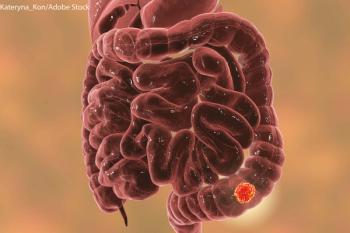
Therapy-associated polyposis was found to have similar features to various hereditary colorectal cancer symptoms, and recognition of it could have implications for cancer risk and screening among childhood and young adult cancer survivors.

Your AI-Trained Oncology Knowledge Connection!


Therapy-associated polyposis was found to have similar features to various hereditary colorectal cancer symptoms, and recognition of it could have implications for cancer risk and screening among childhood and young adult cancer survivors.
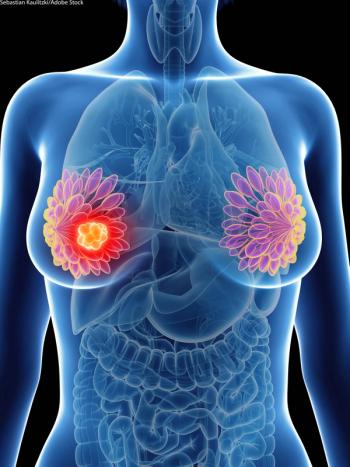
Given the uncertainty about the clinical implications of pathogenic or likely pathogenic variants in moderate penetrance genes and variants of uncertain significance, the findings may underscore the need for targeted genetic counseling education, specifically among young minority women.

Nurses were found to be significantly more likely to under-rate the nutritional status of their pediatric patients, suggesting the need for guidelines for nutritional assessment of children.
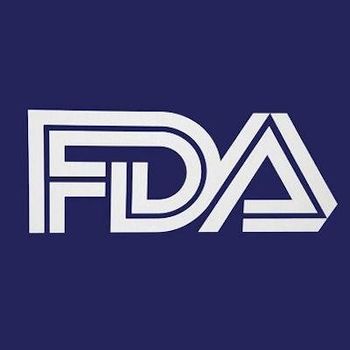
The FDA granted a priority review to selinexor oral tablets for the treatment of adult patients with relapsed or refractory diffuse large B-cell lymphoma, not otherwise specified, who have received at least 2 prior therapies.

The FDA granted breakthrough therapy designation to enfortumab vedotin based on results from the dose-escalation cohort and expansion cohort A of the phase Ib/II EV-103 trial.
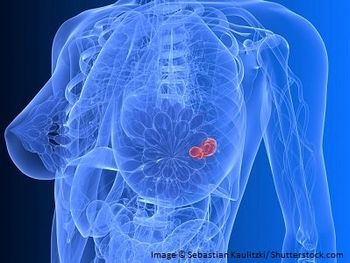
The breast cancer expert, in an interview with CancerNetwork®, discussed advances in the field of breast cancer and what we can expect to see in the pipeline moving forward.
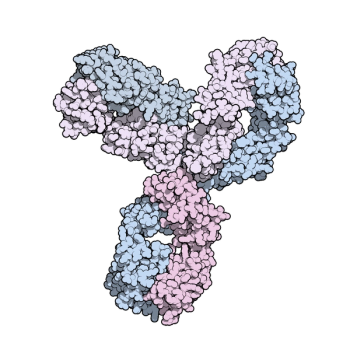
According to the researchers, these data suggest that checkpoint blockade in women with early-stage, high-risk, ERBB2-negative breast cancer is very likely to succeed in a phase III trial.

The FDA granted 2 Fast Track designations for ALX148 for the first-line treatment of patients with head and neck squamous cell carcinoma, and for the second-line treatment of patients with HER2-positive gastric or gastroesophageal junction carcinoma.

In this study, most clinical combinations including PD-1 or PD-L1 inhibitors demonstrated more clinical activity than the monotherapy activity of the checkpoint inhibitor alone.
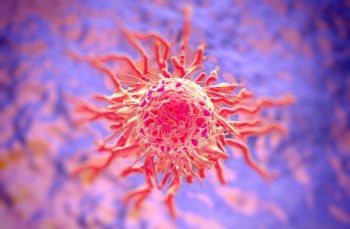
If successfully implemented, researchers found that over the next century, cervical cancer mortality would be reduced by almost 99% and save more than 62 million women’s lives.
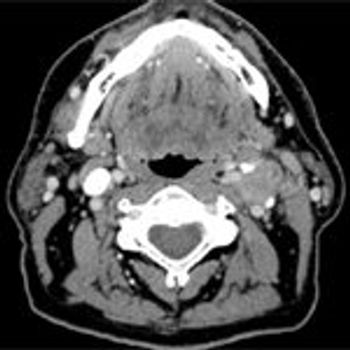
Researchers suggested that the 2017 classifications do not currently allow for uniform stratification and proper outcome prognostication for surgically treated patients with p16-positive oropharyngeal squamous cell carcinoma.

The project indicated that using a patient-partnered approach that leverages social media can potentially prevent the challenges often experienced when studying a rare cancer through traditional research models.
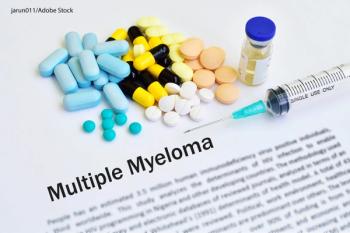
In a workshop conducted by the FDA and AACR, researchers from various institutions discussed the current state of African American outcomes and treatment in multiple myeloma trials and the clinical implications.
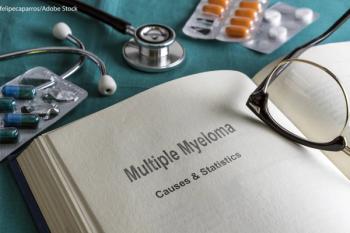
In a workshop conducted by the FDA and the AACR, working groups came together to address disparities in the representation of African Americans in multiple myeloma clinical trials and to create a set of recommendations in an attempt resolve them.

The submission was primarily based on updated phase II efficacy and safety data for tazemetostat for patients with relapsed or refractory follicular lymphoma who have received at least 2 prior lines of systemic therapy.

In a risk analysis, the FDA found that there is not sufficient evidence to support a causal relationship between radiofrequency exposure and tumorigenesis.
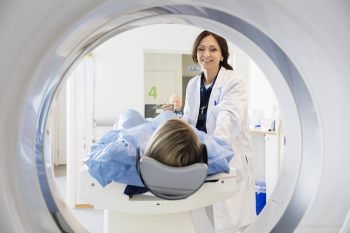
Among participants who were current or former smokers, the NELSON trial found that volume CT screening enabled a significant reduction of harms without jeopardizing favorable outcomes.

The planned trial will investigate the safety and efficacy of the novel multi-tumor associated antigen T-cell therapy in patients with post-transplant acute myeloid leukemia.
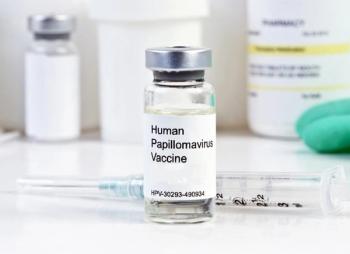
Researchers suggested that the receipt of 1, 2, or 3 doses of an HPV vaccine by females aged 15 to 19 years was associated with a lower incidence of preinvasive cervical disease when compared to unvaccinated females.

Researchers in this study found that though SBRT use more than doubled from 2010 to 2015 in patients with prostate cancer, it only accounted for less than 10% of all patients undergoing radiotherapy.

Researchers highlighted the need for patient-reported outcomes data to provide valuable evidence in randomized-controlled trials of cancer treatment.

The results presented in this study indicated that neurosurgeons may need to change how they approach tumor removal and, when safe, include non-contrast-enhancing tumor during resection to achieve maximal resection.

In observing individuals aged 65 and older suffering from a recent nonmetastatic cancer, researchers indicated that there is a need to change attitudes toward aging and older people.

The biologic license application is supported by data from the phase II ZUMA-2 trial, which is currently assessing the CAR T-cell therapy for the treatment of adult patients with relapsed or refractory mantle cell lymphoma.
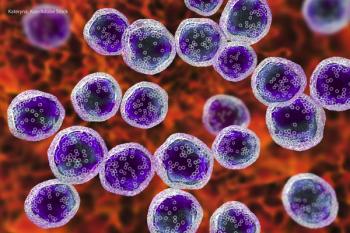
Researchers found that targeting BCL-W in Burkitt lymphoma and diffuse large B-cell lymphoma may not offer wide-ranging therapeutic benefit.
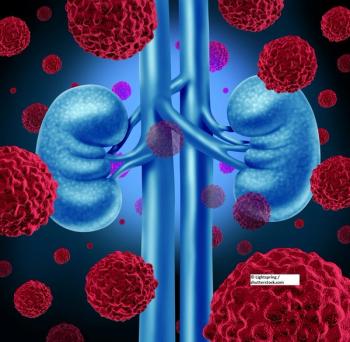
The aim of this Chinese study was to evaluate the influencing factors of perioperative renal function change and their relationship with prognosis in patients with renal cell carcinoma and tumor thrombus after nephrectomy and thrombectomy.

Patients with either relapsed or refractory non-Hodgkin lymphoma or chronic lymphocytic leukemia treated with CAR NK cells had a response without the development of cytokine release syndrome, neurotoxicity, or graft-versus-host disease.
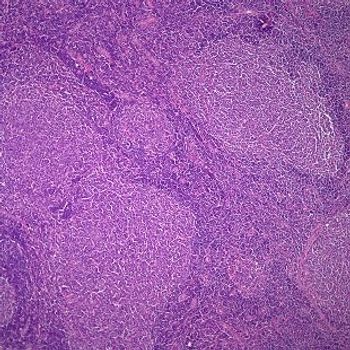
The study is evaluating the oral inhibitor for patients with relapsed or refractory follicular lymphoma.
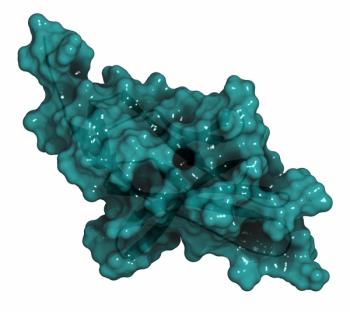
Researchers indicated that a lack of understanding of the mechanism and efficacy of PD-1/PD-L1 inhibitors is the major barrier for prescription of these inhibitors in Chinese tumor treatment-related departments.
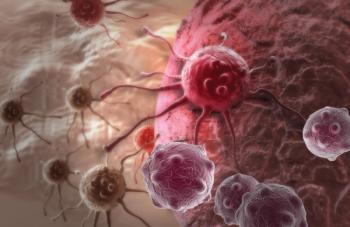
The authors indicated that prospective clinical trials investigating DTIC-based systemic chemotherapies and liver-directed treatments are necessary to validate their findings.